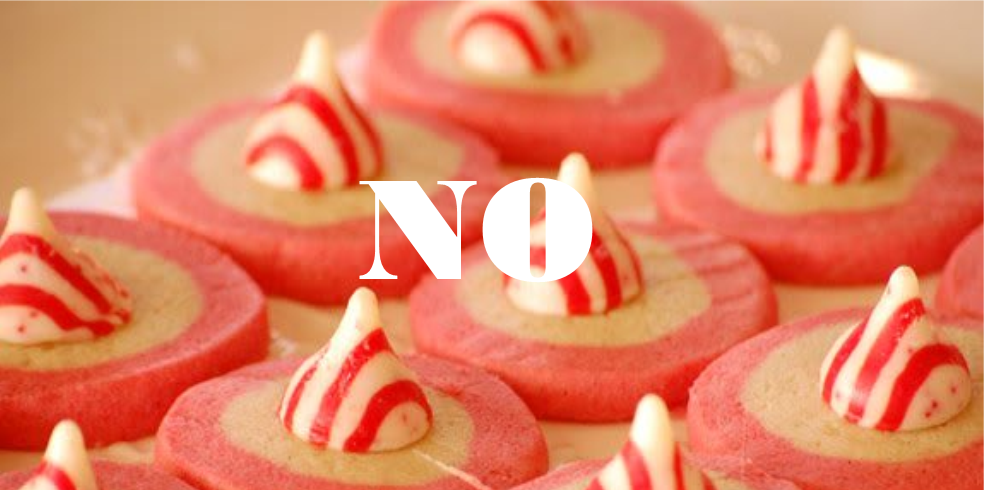Why Avoiding Sugar Works
It should be obvious to you by now that keeping sugar out of your diet is good for you, but do you know why keeping sugar out of your diet works so well to help you to lose weight?

Most people who answer that question will say that sugar turn into fat in our bodies and they are right, but there is an important distinction to make about table sugar that can have a big impact on the foods that you choose to eat in the future.
First of all, let’s talk about what you may already know: the overall reason why avoiding sugars helps weight loss.
How Sugar Increases Fat
Imagine that you need 10 units of energy to run every process in your body for a day. It doesn’t matter what that energy is, let’s just call it a unit of energy. Most people, by the way, think that the only way to get that energy is to use sugar, but you body also uses ketones for energy.
Now, let’s also say that you eat a meal that contains 30 units of energy (which is very easy to do when you are eating sugar – remember the stuff is addictive and leads to overeating). Your body will use the first 10 units of the 30 units you consumed to do all of its bodily things. The question is: what to do with the other 20 units of energy? If your body is wise, it is going to want to save that energy for future use (because your body doesn’t know when you may run out of energy).
Your body’s wise solution is to store that energy and that energy is stored as fat.
Remember that many foods act like sugar in our body (mostly grains) and these types of foods will also increase fat storage, but there is something about table sugar that is different than any other food we eat.
What is Wrong With Table Sugar
If you think back to your high school biology class, you will remember that table sugar is what is called a disaccharide (this simple means “two sugars”). Table sugar is a combination of fructose (a monosaccharide) and glucose (another monosaccharide) and each of these sugars acts differently in our bodies.
Glucose is one of the basic fuel choices in the body and the one that most people in developed countries rely on to run their bodies. So, when you need energy, that glucose is going to be used by the body. Glucose is also the breakdown product of many of the complex carbohydrates that we eat. Eat some pasta and it is glucose that will be released as we digest.
The other part of the table sugar molecule is fructose and this molecule is what causes problems for humans. Fructose acts completely different in your body. Where glucose can be absorbed from that meal you just ate and then used as energy, fructose cannot. That means that fructose has to take a journey from your digestive tract to your liver. When fructose arrives in the liver, the liver has to make some choices, it can either convert that fructose into energy (that is: change it into glucose) or it can store that fructose as fat.
The problem for the liver (and your body) is that converting the fructose into glucose takes a lot more energy than it does to turn the fructose into fat. Since you liver is already busy doing a million other things, it is more likely to spend less energy and turn that fructose into fat.
The other things that makes the fructose into fat conversion more likely is this: the only reason why your body would turn fructose into glucose is if your body needed the glucose, but you just ate plenty of glucose when you ate your meal (remember that table sugar is half glucose and half fructose). There is no incentive for the liver to make the conversion.
So, what do you take home from all of this?
The first is that table sugar is a unique non-food that is likely to store fat and fructose is far from a benign molecule. But, what you also need to pay attention to is the amount of fruits you are eating. If you have been relying on fruits for your energy needs and having a hard time losing weight, now may be time to take a look at how many fruits you are eating. The fruits with the lowest amount of sugars in them are the berries (raspberries, blueberries…). If you need something sweet in your life, use them sparingly.













